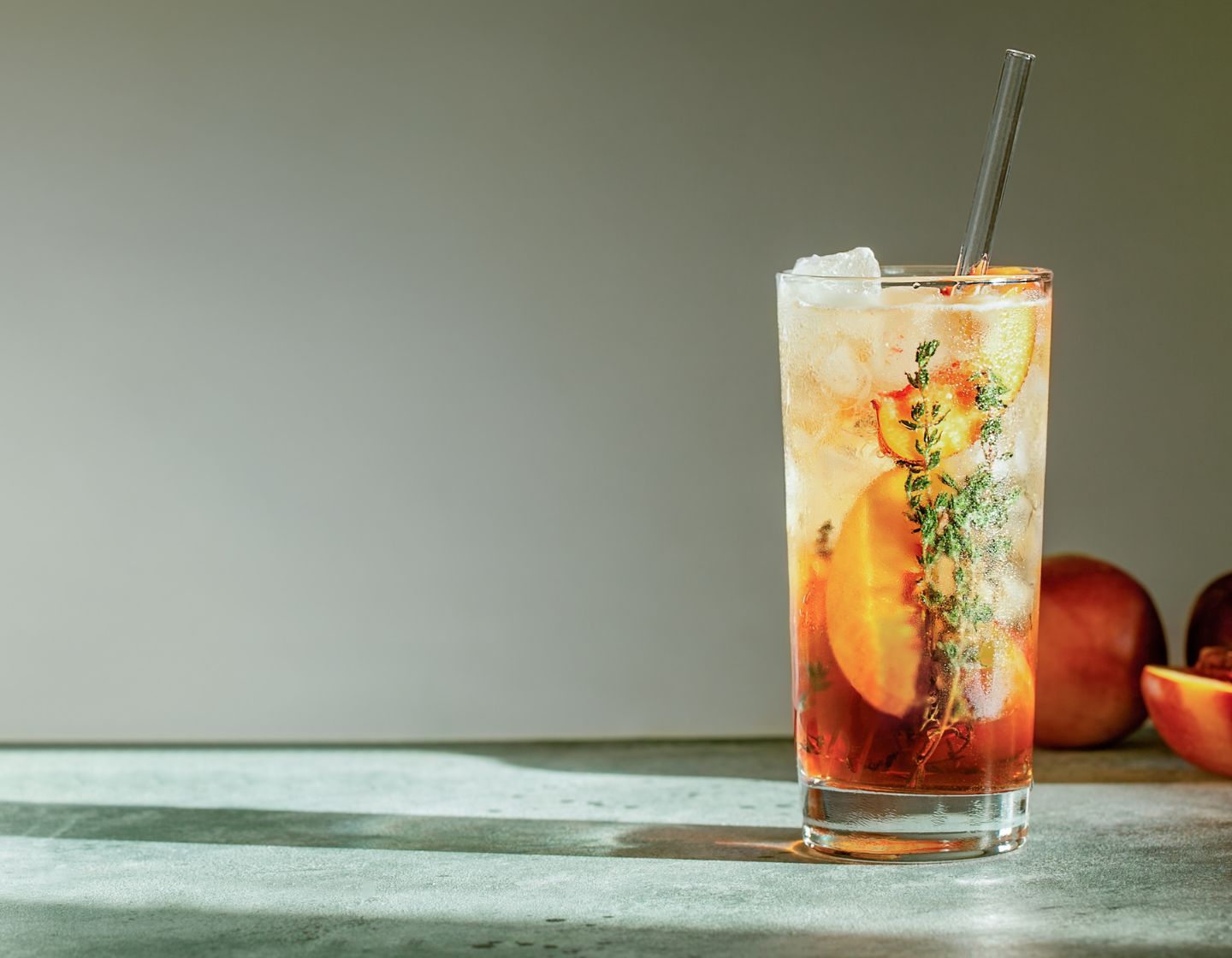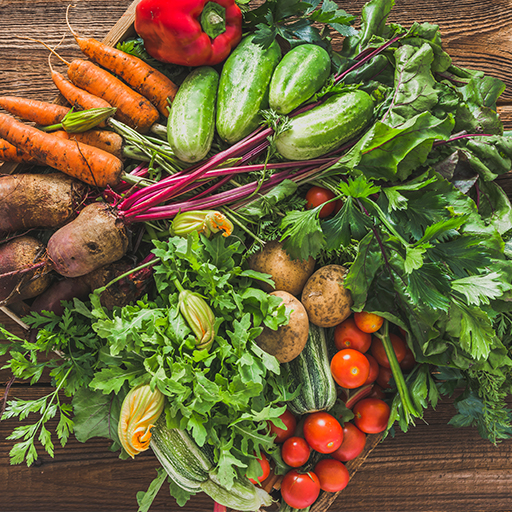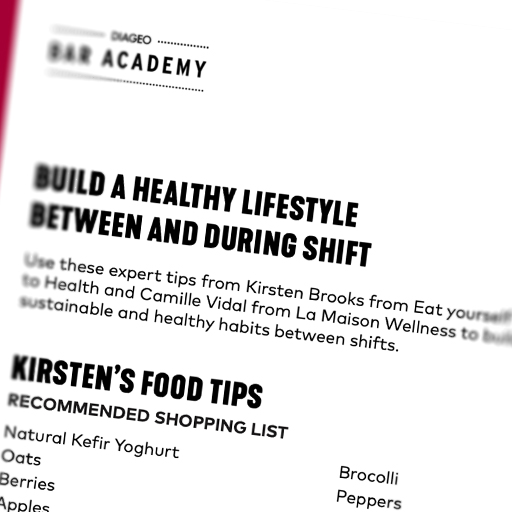
Being Sustainable in the Bar Industry
Learn the best ways to make your bar venue sustainable in food and energy usage.
Author: Sean Finter, Barmetrix Founder; Nick Tesar, World Class Winner; Sam Orrack, Eve Bar Manager; Alice Gilsenan, Tiny Leaf Co-founder
Estimated Reading Time: 7 Minutes
Improve Sustainability
Bars and restaurants have a problem regarding sustainability, as the industry is one of the most wasteful worldwide. Food waste is rampant among many bars, and the carbon footprint of many venues is also high.
Sean Finter, the founder of Barmetrix, found that his venue wasted 14% of its food, which is likely consistent across the industry. Spurred on by this alarming statistic, Sean has become a leading figure in sustainable bartending.
Sustainability can help your bar improve its reputation. Customers are more eco-conscious than ever, and many are choosing to drink and dine at sustainable venues over others. This gives bar owners who adopt a more sustainable approach the opportunity to provide themselves with a competitive advantage.
Follow the guidance of the bar industry's sustainability innovators to improve your venue.
Trends in Sustainable Bartending

Trends in Sustainable Bartending
Sustainability is a big buzzword in the industry, with many bartenders changing how they operate to ensure they match the expectations of eco-conscious customers. Some significant trends we're seeing in the sector include:
Bottled punches and large-format drinks
Root to tip Cocktails that make use of the entire plant to prevent waste
Mixologists are using sugar alternatives so that there's less reliance on fruits
There's a higher emphasis on seasonal menus so that chefs and staff are wasting less food
Water conservation is becoming a key focus
Reducing Food Waste
To maintain sustainability in your bar, food wastage is one major area to work on. To do that, Nick Tesar, Former World Class Winner, shares some changes you can make to your menu that have a significant impact.
Consider offering seasonal menus, as this ensures all your ingredients are fresh and easier to farm and produce locally.
Focus on each ingredient and ensure they extract the most flavor. You can lower waste by using less ingredients.
Use multi-functional ingredients. For example, try to make syrups that you can use in multiple drinks to reduce waste.
Prolong an ingredient's shelf life by making use of batching and freezing.
Ditch the garnish; these are often the most wasted foodstuff in a bar. Instead, you can use an aromatic tincture to add subtle flavor to save on waste.
Plan your stock well so that you only need to order deliveries once a week to reduce the distances your ingredients travel.
Making Sustainable Drinks

Making Sustainable Drinks
A great way to make your venue more eco-friendly is to focus on sustainability when crafting your drinks. Consider what ingredients you already have at your venue in abundance to help ensure you use them.
Sam Orrack, renowned mixologist and Bar Manager of Eve, constantly communicates with the venue's kitchen to see what his bar staff can use.
One drink born out of this emphasis on reusing current stock is the Adam's Apple. This recipe uses apple off-cuts and other potential food waste from the kitchen to create the infused spirits used for this serve. The Adam's Apple recipe is an excellent example of being resourceful with what you have, which can help you elevate your game.
Another thing you can do with your drinks is to make use of locally sourced ingredients. This makes the drinks more sustainable and adds intrigue, as it highlights the local area. For example, Sam often picked fig leaves from a local tree near his house for infusion and syrup making.
When making your own sustainable cocktail, you should limit imported ingredients. Many bars rely on citrus in their cocktail menus, an enormous sustainability burden in countries where they're not native. You can make a huge difference by reducing the number of cocktails you serve with these ingredients and instead replacing them with serves that use verjus, vinegar, and acids for a better alternative.
Reducing Non-Food Waste
Food waste isn't the only thing that bars and restaurants contribute towards. The industry also goes through a lot of packaging, energy, and other resources. After taking time to make your menu and drinks more sustainable, follow these tips from Tiny Leaf co-founder Alice Gilsenan to help you create a waste-free venue like she did.
Eliminate straws - Plastic straws take over 200 years to break down when thrown away. You can make your bar far more economical by ditching straws from your cocktails.
Remove bottles - Focus on reusable glasses instead of single-use plastic bottles, especially for water. You can invest in a special water tap to filter local water and serve it still, sparkling, or ionised.
Educate your team - Educating your staff on the importance of sustainability for your venue allows them to make better decisions. They'll be better at following eco-friendly practices, helping your venue thrive.
Another thing worth implementing is making changes to your energy usage. Many bars can become more sustainable by making minor alterations that boost their sustainability and reduce their bills.
Consider adding motion sensors to lights so they're only on when people are nearby and change your light bulbs to lower-energy LEDs.
Adding timers to faucets can reduce water waste, and automatic fridge doors can help you reduce energy usage. All these small changes add up and can drastically affect your sustainability.
Key Takeaways
Sustainable practices can help your business stand out and attract customers.
Food waste is a big issue, but you can boost sustainability by planning your menu effectively and ensuring that it uses fewer and more seasonal ingredients.
Using ingredients you already have for your cocktails can help you become less wasteful as a venue.
Minor changes like removing straws and single use-plastic products can have a major, positive effect on your business.
RELATED CONTENT

Sustainability
Can a sustainable approach increase your profits? Test your knowledge and commitment to sustainable practices and their impact on your venue.
Sustainability
Sustainability is a hot topic in the hospitality industry with more consumers demanding that sustainable methods are being met by the venues they visit. Browse our resources and learn how to create a sustainable venue.
Sustainability Initiatives to Make Your Bar Thrive
Sustainability experts Bob Gordon and Renato Tonelli share sustainability initiatives to help improve your bar.
Downloadable Wellness Tips and Tricks
Expert tips from industry gurus Kirsten Brooks (Eat Yourself to Health) and Camille Vidal (La Maison Wellness) on how to live a sustainable and healthy lifestyle between shifts.
